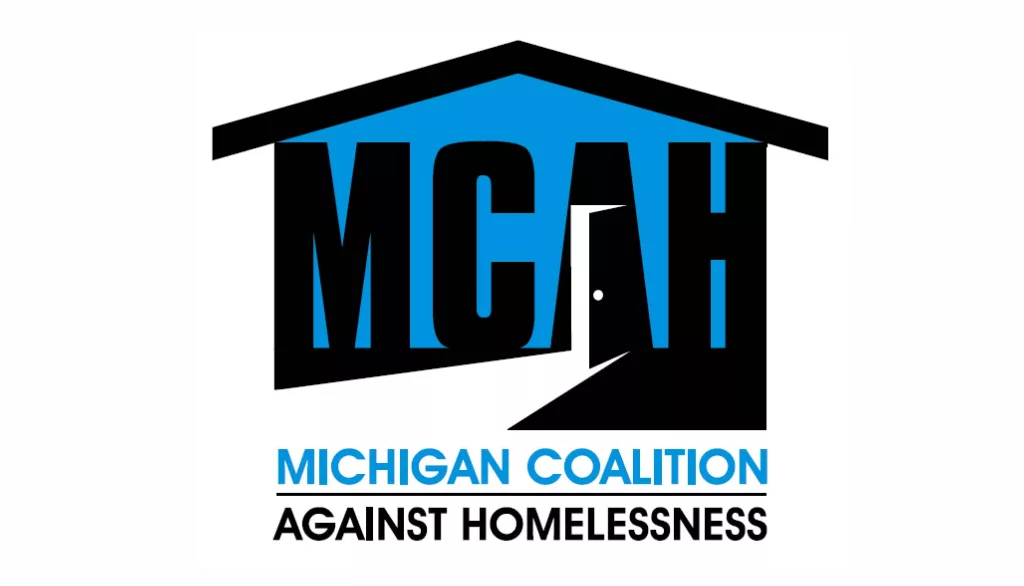Arguing that vital rental assistance dollars are being kept from Michigan communities where thousands of Michiganders are struggling to pay rent, the Michigan Coalition Against Homeless has called on the state’s Legislature to appropriate rental assistance funds.
The coalition contends that last week, the state received more than $600 million from the federal Consolidated Appropriations Act, 2021 that should be going directly towards paying rent and utilities expenses for households that have fallen behind. Instead, they say, “We’re in a waiting pattern while the funding that struggling Michiganders desperately need is being used as leverage in an apparent power struggle with the governor.”
The coalition argues that each day that passes without these funds being appropriated by the state Legislature not only puts renters and landlords at risk of evictions, but also threatens Michigan’s ability to spend out the federally allocated dollars before they are lost to recapture.
Congress is requiring that 65-percent of the original grant be obligated by September 20, 2021, or else at such time the federal government will recapture any excess funds that are unobligated. The coalition is trying to drive home the point that, “Time is of the essence. In order to reach this 65-percent threshold deadline, Michigan will have to obligate over $50 million each month if the program were to launch by today, Monday, February 1. If we wait until March 1st, that monthly amount increases to $60 million. Every day wasted could literally cost our state millions of dollars.”
The non-profit coalition points out that Michigan communities are already equipped to get the money quickly into the hands of landlords. Under the state’s Eviction Diversion Program (EDP), established in late 2020 and funded through the CARES Act, Michigan homeless service providers were able to allocate nearly $50 million in rental assistance funds. That resource kept tens of thousands of Michiganders in their homes during the pandemic and has provided a lifeline for not only those who have lost employment to COVID-19, but also for landlords who rely on these rental payments. They argue, too, “The program worked – eviction filings across the state were down 40-percent from August to October when compared to the previous year. The staff of the Michigan State Housing Development Authority (MSHDA) and homeless service providers throughout the state have successfully built programming and infrastructure that has provided a strategic, coordinated response to the looming eviction crisis. The need is there, the infrastructure is in place, yet the critical funding already appropriated by Congress is being held up unnecessarily by Michigan’s Legislature.”
Stewart W. Beal, President of Beal Properties, LLC in Ypsilanti says, “By working closely with Washtenaw County, the Salvation Army, and the Eviction Diversion Program we were able to assist 44 families, all of whom were negatively affected by the pandemic, become eligible and receive funding to remain housed,” and adds, “Beal Properties is a mid-sized property management firm, but we manage many homes and apartments for smaller landlords that own just 1 or 2 properties. These funds were critical in keeping those landlords in a place where they could continue to pay the utilities, insurance, and maintenance on their buildings. The program is a critical win-win for both landlords and families alike.”
The Michigan Coalition Against Homelessness says, “Being without a home is a traumatic experience with long term consequences, and for the majority of at-risk Michiganders it is avoidable. It falls upon Michigan to take the action necessary to help keep families in their homes to avoid exposure to the harsh winter elements and prevent the additional spread of COVID-19. To date, 85-percent of households that have utilized the EDP assistance fall in the very-low income bracket (under 50-percent Average Median Income) and do not have the savings or safety net to support them without this short-term emergency help.”
Eric Hufnagel, Executive Director at the Michigan Coalition Against Homelessness, says, “Michiganders are struggling and are being put at-risk unnecessarily. This is a rare opportunity where we have the infrastructure, we have the funding, we have an understanding of the need, yet what is missing is a simple action by the Michigan Legislature to release over $600 million in rental assistance through a perfunctory appropriations process.” Hufnagel concludes, “We can’t wait any longer to get that money into the hands of these affected renters and landlords. Our legislative leadership must act now if we are to avoid potentially tens of thousands of Michigan households becoming homeless during a global pandemic.”
The Michigan Coalition Against Homelessness (MCAH) is a statewide, non-profit agency, dedicated to creating a sustainable, statewide voice and the infrastructure and systemic change needed to empower communities to end homelessness. For more information about MCAH or the issue of homelessness you can visit MCAH’s website at http://www.mihomeless.org.






